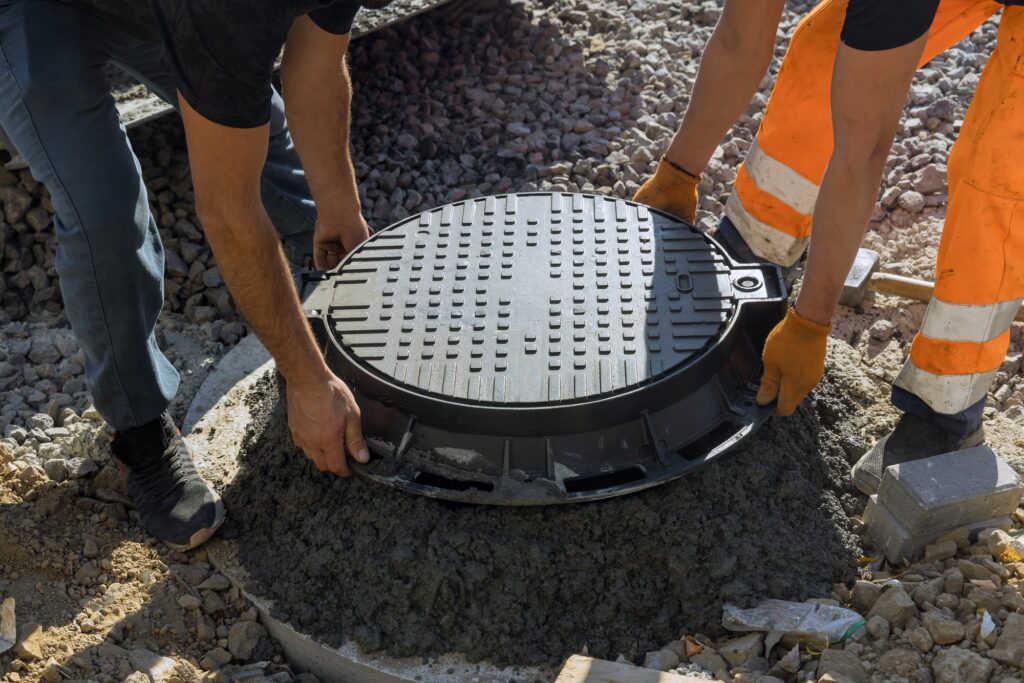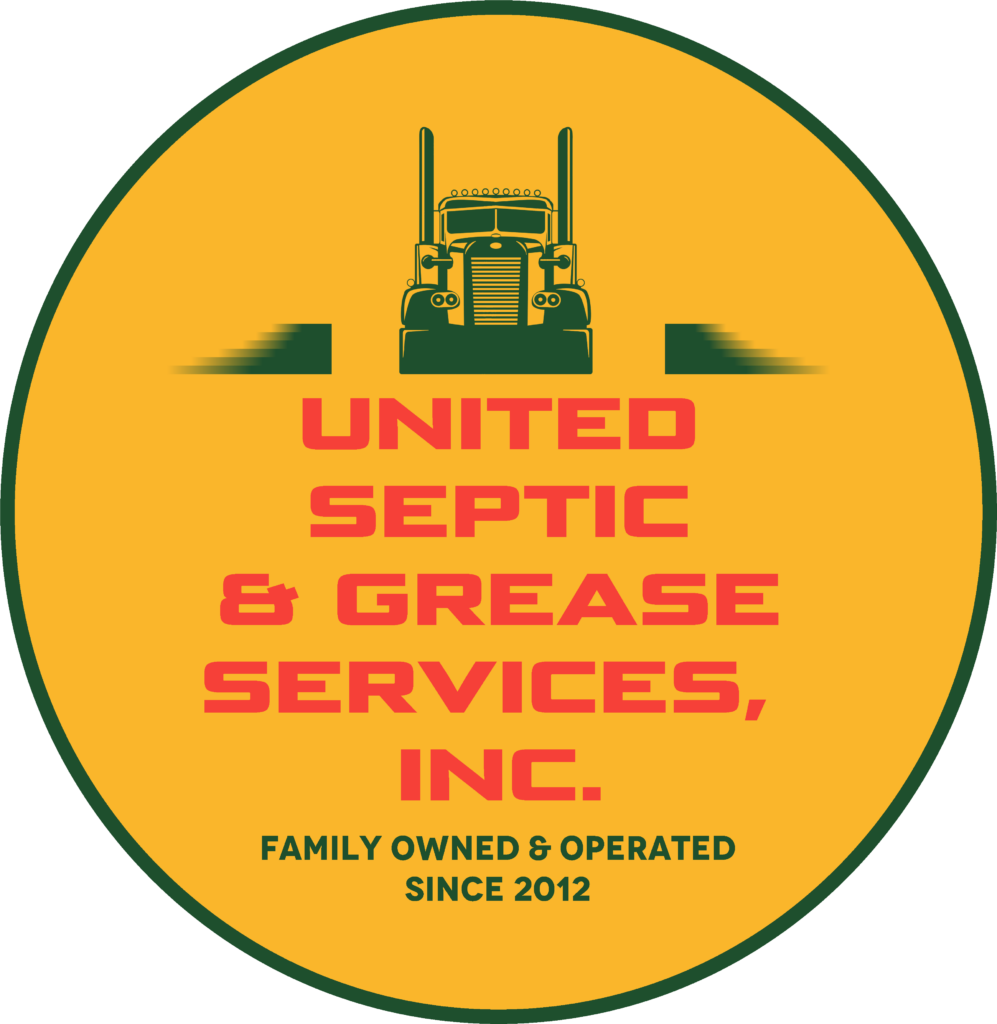What Happens During The Septic Pumping Process?
Home > Blog > Professional Septic Services What Happens During The Septic Pumping Process?
What Happens During The Septic Pumping Process?
The first step is locating the septic tank, which might be buried under the ground. In areas like South Florida, where the water table can be high, tanks are often installed with this in consideration, possibly affecting their location and depth. Once the tank is located, the technician will remove the lid, a task that sometimes requires special tools due to the lid’s weight and to ensure that the tank is not damaged in the process.
With the lid off, the pumping process can begin. A powerful vacuum truck, specifically designed for septic service, is used to suck out the contents of the tank. This includes the three layers that naturally form inside the tank: the scum layer at the top, made up of fats, oils, and grease; the effluent in the middle, which is the liquid wastewater; and the sludge layer at the bottom, consisting of heavier solids that have settled over time.
During the pumping, technicians monitor the removal process carefully to ensure that all components, especially the sludge and scum, are effectively extracted. This is crucial in regions like South Florida, where environmental regulations are strict due to the proximity to significant water bodies and ecosystems, including the Everglades.
After the pumping is complete, the technician inspects the tank for any signs of wear or damage, such as cracks or leaks, which could be exacerbated by the region’s climate and soil conditions. This inspection is essential for preventing future issues and ensuring the system operates efficiently.
The waste collected from the septic tank is then transported by the vacuum truck to a designated treatment facility, where it is processed and disposed of according to local and state regulations. This step underscores the importance of professional septic services in maintaining public health and protecting the environment, particularly in a region as ecologically diverse and sensitive as South Florida.
Finally, the technician will provide the homeowner with recommendations for maintaining their septic system, which may include regular pumping schedules, proper waste disposal practices, and advice on conserving water to reduce the load on the system. In areas like Broward and Miami, where population density and environmental factors come into play, such advice is invaluable for ensuring the long-term viability of septic systems.
In summary, the septic pumping process in South Florida, including Broward and Miami, is a comprehensive procedure that not only involves the physical removal of waste from the septic tank but also encompasses environmental stewardship and preventive maintenance to ensure the system’s health and longevity.
With the expertise of septic service professionals, homeowners can ensure their systems function effectively, contributing to the overall well-being of the community and the protection of the region’s unique natural resources.
For any assistance required regarding Septic Services, feel free to reach out to our specialized team at United SEptic & Grease Services.

IF YOU ARE LOOKING FOR MIAMI-DADE AND BROWARD COUNTY COMMERCIAL SEPTIC SERVICES
THEN PLEASE CALL 305-878-1885 / 954-778-0477 OR COMPLETE OUR ONLINE REQUEST FORM

Autor / Editor : Jonathan Moreno
Jonathan Moreno is a South Florida Digital Marketing expert with over 12 years of experience with passion for creating hight value content to educate and bring value to visitors.
Related Posts
Most Common Septic System Emergencies
United Septic and Grease: This post will discuss the most frequent septic system emergencies, the...
Read MoreExpert Tips for Choosing the Best Grease Trap Cleaning Service
If you own a restaurant, professional grease trap cleaning services will make your kitchen work...
Read MoreDIY vs. Professional Septic Clean Outs
United Septic and Grease: Frequent septic clean out guarantees that your system runs efficiently and...
Read More